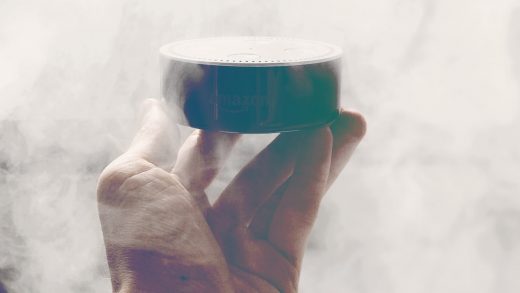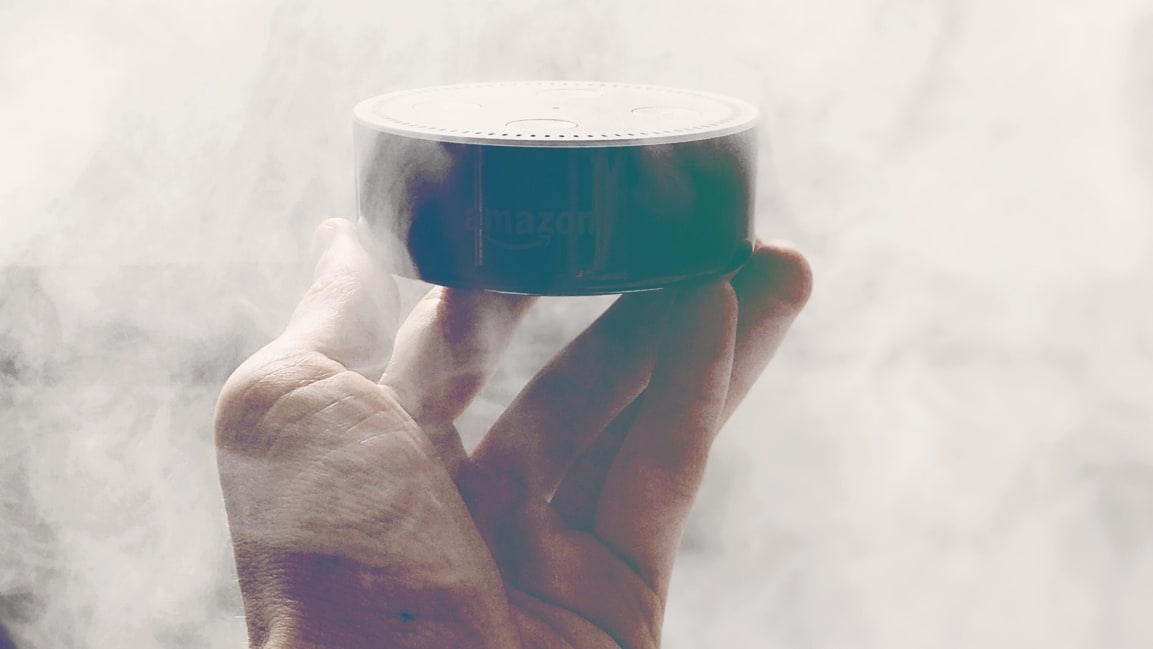Get ready for longer, multi-subject chats with Alexa
Amazon’s scientists and engineers have been working on ways to let its Alexa digital assistant have longer and more diverse conversations with humans.
Alexa already knows a lot, but its knowledge is divided up into more than 90,000 “skills” and in separate knowledge domains. Amazon is using neural networks to let Alexa jump between those more easily and quickly, which could lead to much more natural-feeling interactions. In other words, Alexa will be able to hold single conversations in which it can help us with a number of related things.
The example Amazon showed us here at the reMARS conference in Las Vegas was a user asking Alexa, initially, about available movies playing in the area. Instead of just calling on the skill that delivers the movie times and related information, Alexa anticipates that the user might want to make a night of it and maybe make a dinner reservation somewhere near the theater. Alexa makes a reservation for the user via an Open Table skill. It asks her if she might need a car to get there. The user says she want an Uber, so Alexa does that via the Uber skill.
The assistant was, in a conversational way, helping the human work through what she might want. Alexa AI is running two lines of reasoning in response to the user’s utterances–reactive and proactive. The reactive part simply responds to the user’s questions. The proactive is always deriving things the user might want based on the utterances.
Microsoft gave a very similar demo at its Build developer conference last month. That scenario showed a woman having a protracted back-and-forth with the Cortana assistant, only in this case the human was trying to work through the complexities of planning a business lunch.
In both demos the AI was accessing multiple knowledge domains, and was anticipating some of the needs of the user. These qualities in a digital assistant are just the first of many things that will start to make human interactions with assistants feel more, well, human and natural.
Amazon and Microsoft have some of the best minds pushing their AI efforts. Engineers often rotate between working at Amazon in Seattle and Microsoft just down the road in Redmond. I wonder if they get together and talk about the things Cortana will do in the workplace and that Alexa will do in the home.
(13)



